 |
|
| Attendees at the St. Patrick’s Day Festival, held at the D Cube Plaza, take part in an audience dance on Saturday. This year’s event was the 14th annual St. Patrick’s Day Festival held in Korea by the Irish Association of Korea, part of the group’s efforts to teach others about Irish culture and traditions. By Park Sang-moon |
The festival, held at the D Cube Plaza by Sindorim Station and hosted by the Irish Association of Korea (IAK), a nonprofit organization comprised mostly of Irish nationals, was aimed at attracting more participation from Koreans and local residents, particularly in events like the St. Patrick’s Day celebration that showcase aspects of its society. St. Patrick’s Day is traditionally held every year on March 17.
For this year’s festival, the association used every available means to promote attendance and participation among Koreans, advertising on its website and through social media. Of the approximately 2,400 people - mostly Korean - invited through its Facebook page, about 1,500 replied that they would join in the festivities.
The audience and crowd gathered around the festival’s main stage that day consisted mainly of expats living in Seoul, though it was easy to find Koreans among them.
“I found the [St. Patrick’s Day Festival] online and came here with my girlfriend,” said Nam Ho-seong, who was among the people watching the live musical performances. “I only learned about St. Patrick’s Day from American dramas but never attended such an event. I think the festival is fun and exciting, and I want to come again next year.”
A bond between the two countries was also built among the volunteers who helped coordinate the stage performances and the Irish Village, where booths were set up to introduce aspects of Irish culture - Gaelic football, for instance, and Irish folktales.
“I have never been to Ireland, but it is a great opportunity and experience for me to learn about Ireland and its culture,” said Min Hee-ji, a Korean volunteer at the information booth.
Kim Seung-ae, another volunteer, added: “I stayed in Ireland during my high school years, and [participating in the festival] is a very meaningful experience for me because, having once been a minority in Ireland, I am now here to help Irish expats, who are minorities in Korea.”
The daytime festival featured a number of programs, with traditional Irish song and dance performances by both Koreans and Irish nationals. Audience dances and raffles were followed by the official hooley - Irish slang for party - in Itaewon-dong, central Seoul, which was accompanied by a fund-raising event and a live televised rugby game.
Meanwhile, the festival was also a reunion for the Irish living in Korea, whose numbers now total about 1,000, said Janet Newenham, the public relations officer for the IAK.
“As an Irish, I feel very proud to be here because Korean people really don’t know about Ireland and [these events can make] others curious about Ireland as well as make us more special and important,” said Finbar Brady, an Irish national who has lived in Korea for three and a half years. “And also we came here to see [Irish] friends we haven’t seen as well because everybody comes here today, so it is a really good occasion to get together.”
Newenham stressed that the primary goal was to get more Koreans, particularly families, involved in the event.
“Unlike the St. Patrick’s Day festivals back in Ireland, which are more like drinking festivals, we want to emphasize that it is a family-oriented, fun daytime event, and those who want drinks can join the nighttime event,” she said.
“We are trying to make connections [between the two countries]. For example, it is incredible that all of the dance team members are Korean, and that they are performing traditional [Irish tap] dancing, which is very fast and hard to learn.”
BY KIM BONG-MOON [bongmoon@joongang.co.kr]




